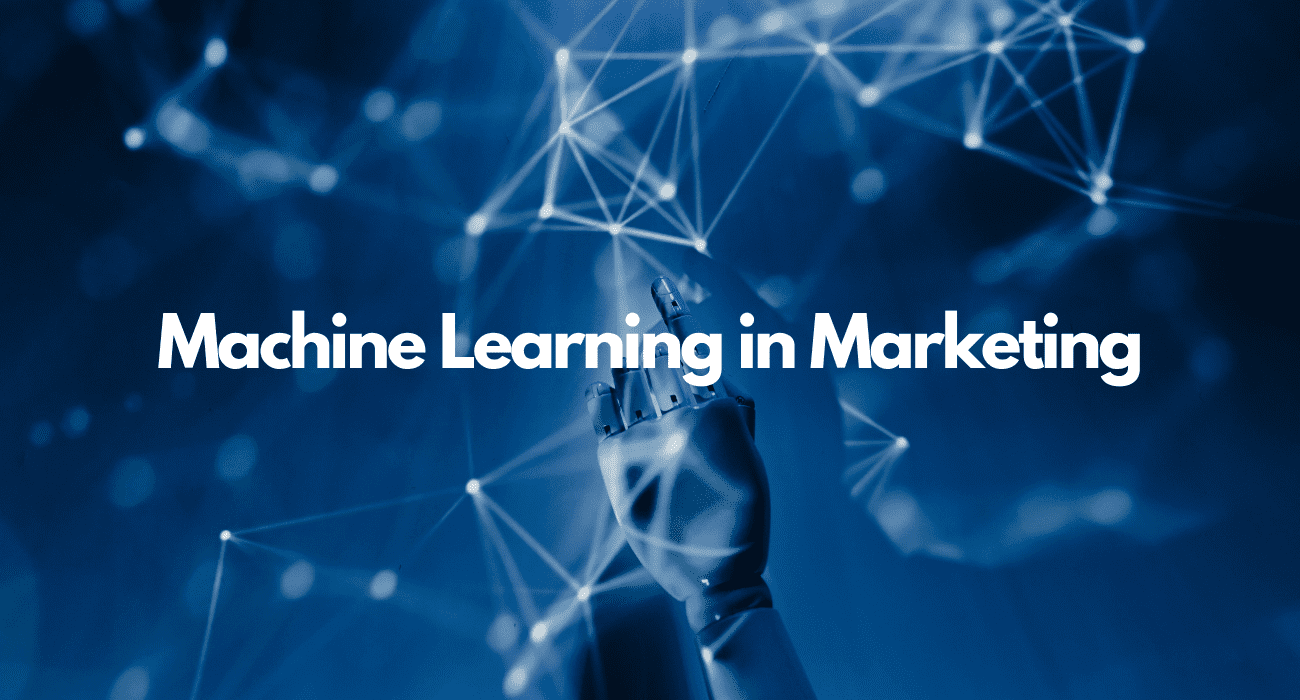Last updated on June 10th, 2024 at 12:08 pm
The Role of Machine Learning in Targeted Marketing Campaigns
With the advent of digital marketing, we have access to unprecedented levels of precision and customization in our marketing efforts.
This shift towards a more personalized approach is largely due to one technological development: machine learning.
But what exactly is machine learning, and how does it change the way we approach marketing campaigns?
Let’s explore its vital role in targeted marketing campaigns.
Definition of Targeted Marketing Campaigns
By leveraging customer data, market segmentation, and advanced analytics, these campaigns transcend traditional mass marketing approaches, enabling businesses to connect with individuals most likely to engage, convert, and maintain long-term relationships with their brand.
Such precise targeting and customization maximize relevance, resonance, and return on investment, fostering deeper connections and driving desired actions from the target audience.
Predictive Customer Analytics
By analyzing patterns in customers’ past behavior, machine learning algorithms can anticipate future actions, such as the likelihood of a purchase or interest in new products.
This ability enables marketers to deliver timely and relevant content, enhancing customer satisfaction and fostering loyalty.
Enhanced Customer Segmentation
Traditional segmentation techniques often categorize customers based on basic factors like age, location, or income.
Machine learning, on the other hand, can consider complex and dynamic factors, including buying habits, personal interests, and even changing lifestyle patterns.
This refined segmentation enables marketers to tailor their campaigns to each subgroup’s unique characteristics, further improving the efficiency and effectiveness of marketing campaigns.
Hyper-Personalization of Content
Leveraging customer data, including browsing behavior, purchase history, and demographics, Digital marketing agency Montreal utilizes machine learning to deliver tailored content that resonates with each customer’s unique needs and references.
This hyper-personalization sets machine learning apart from traditional, static algorithms, resulting in higher engagement rates and ultimately, better conversion.
Improved A/B Testing
Machine learning enhances this process by accelerating data analysis and improving the precision of results.
With machine learning, A/B testing can consider more variables simultaneously and discern subtle patterns that might otherwise go unnoticed.
Consequently, it leads to more informed decision-making and higher performance marketing strategies.
Fraud Detection And Prevention
By analyzing vast amounts of data, including transaction patterns, user behavior, and network activity, machine learning can identify suspicious activities and anomalies that may indicate fraudulent behavior.
This proactive approach helps digital marketing agencies stay one step ahead of fraudsters, protecting both businesses and consumers from financial losses and maintaining the integrity of marketing campaigns.
Chatbots And Customer Service
These AI-driven entities are capable of handling routine customer service queries, freeing up human agents for more complex tasks.
Moreover, machine learning enables these chatbots to learn from every interaction, gradually improving their ability to resolve customer issues and enhancing the overall customer experience.
FAQ(s) about Machine Learning in Marketing
Machine learning enhances targeted marketing campaigns by analyzing data, identifying patterns, and predicting customer behavior. This allows marketers to segment audiences accurately, personalize messaging, and optimize strategies in real-time. By leveraging machine learning, marketers can deliver highly targeted campaigns, resulting in increased engagement and improved conversion rates.
Targeted marketing campaigns offer businesses several benefits, including increased customer engagement, higher conversion rates, improved ROI, better customer satisfaction, enhanced brand loyalty, and more efficient resource allocation by focusing efforts on the most relevant and receptive audience segments.
Conclusion
And, there’s no doubt that machine learning is at the forefront of this ever-changing landscape.
From the hyper-personalization of content led by pioneers to the enhanced precision in A/B testing, machine learning is shaping the future of marketing.
By leveraging its power, marketers like me can anticipate customers’ needs, deliver personalized content, and ultimately, boost conversion rates.
It’s clear that machine learning is more than just a buzzword. It’s a powerful tool that is revolutionizing targeted marketing campaigns.
By embracing this technology, businesses can refine their marketing strategies, improve customer engagement, and ultimately, achieve a better return on their investment.











